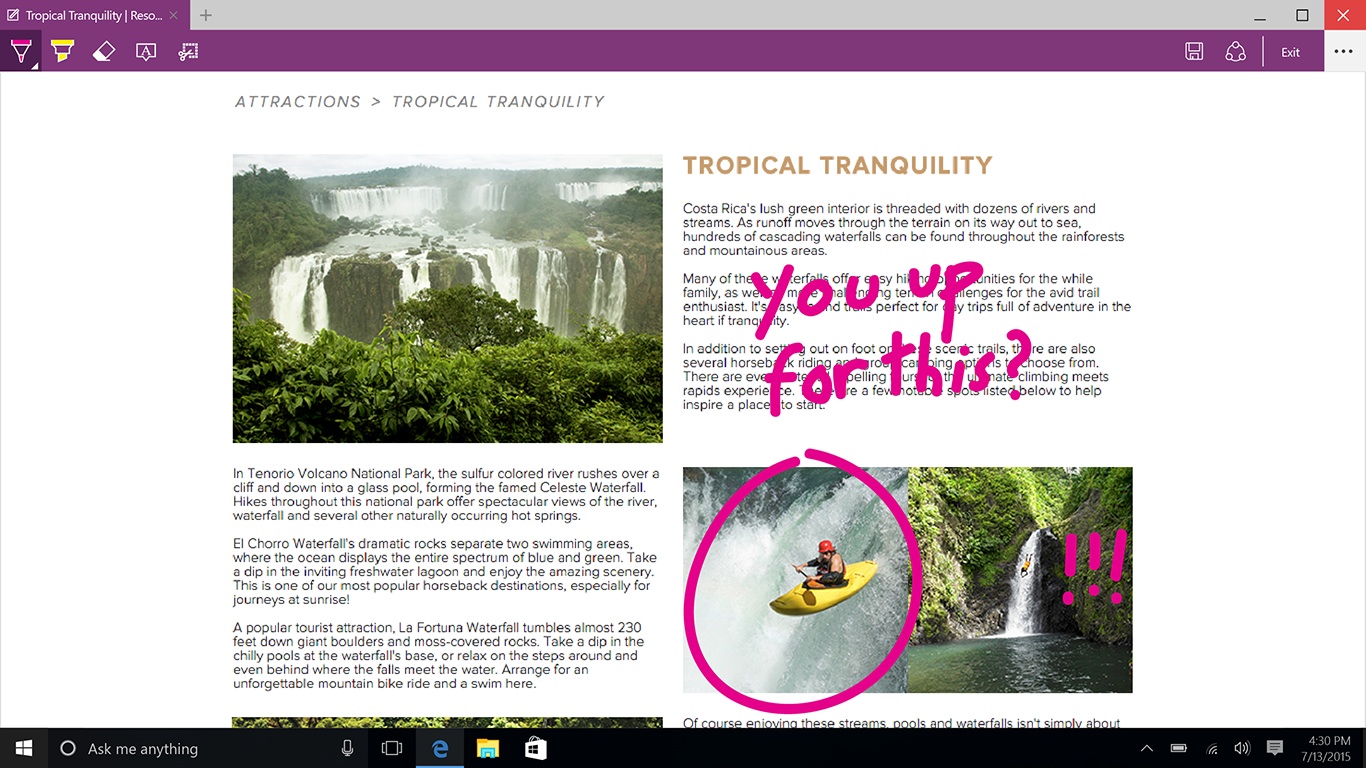Microsoft's Edge browser will soon put Adobe's Flash on a leash
Flash content will be paused if it's not central to the web page

It's no secret that Flash is on its way out – after all, it's pretty much a web security nightmare, not to mention the page loading and performance issues it can cause – and Microsoft is hastening its demise with plans to put Flash on a leash, making it easier for users to control in the Edge browser.
Edge is, of course, Microsoft's new web browser built for Windows 10, and the Flash-taming feature is going to be added in the Anniversary Update which is due later this summer (extensions are also coming to Edge in this update, after they recently went live in preview builds).
As Redmond notes in a blog post, the company wants to give Edge users more control over the resources which Flash gobbles up, so the browser will intelligently and automatically pause any Flash content which isn't central to the web page being viewed.
Frozen Flash
In other words, a hosted Flash video or game central to the page will run as normal, but stuff scattered down the sides, or around and about, like Flash adverts, will load by default in a frozen state. If you want to play them, you can click and they will be unpaused.
Microsoft isn't just thinking of general security and performance here, but also preserving battery power of the likes of convertibles and tablets running Windows 10.
In the blog post announcing the move, Microsoft stated: "We encourage the web community to continue the transition away from Flash and towards open web standards."
Even Adobe distanced itself from Flash at the close of last year, and acknowledged that content creators should be using modern web standards these days.
Sign up to the TechRadar Pro newsletter to get all the top news, opinion, features and guidance your business needs to succeed!
This week, we also saw a major Flash vulnerability pop up (again), underlining the security risks which are regularly hammering at Adobe's door.
Via: ZDNet
Darren is a freelancer writing news and features for TechRadar (and occasionally T3) across a broad range of computing topics including CPUs, GPUs, various other hardware, VPNs, antivirus and more. He has written about tech for the best part of three decades, and writes books in his spare time (his debut novel - 'I Know What You Did Last Supper' - was published by Hachette UK in 2013).